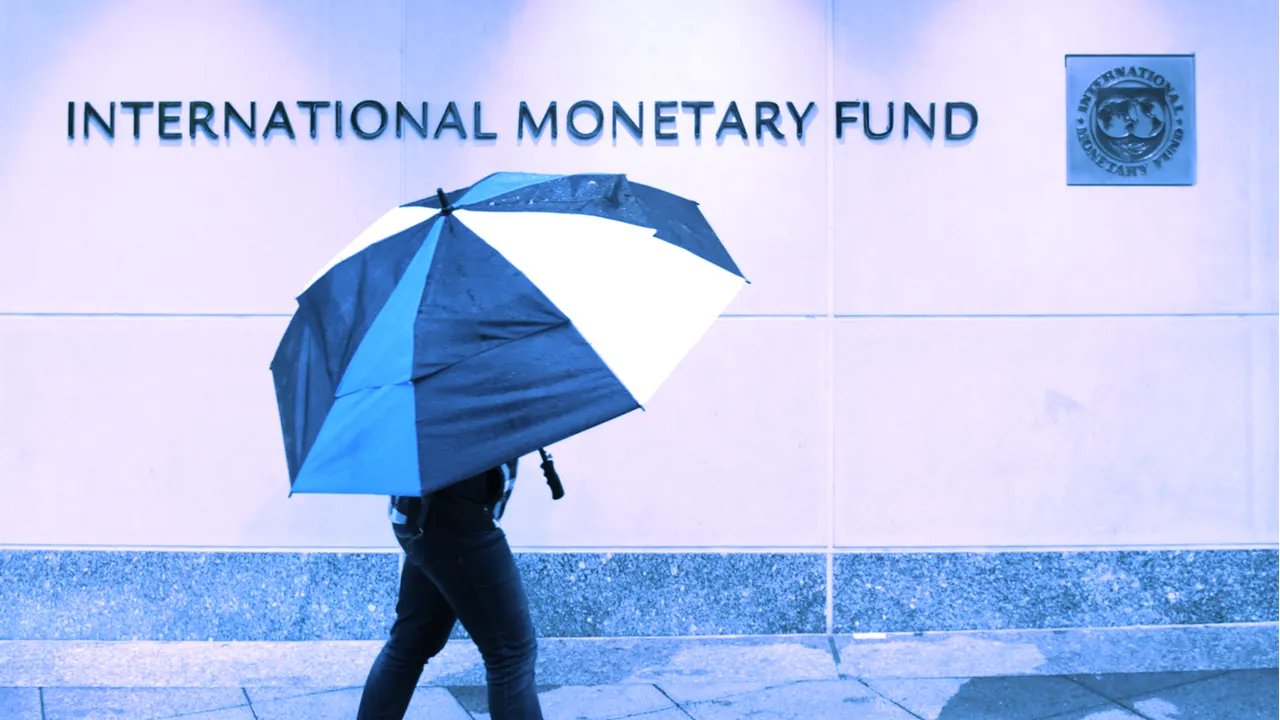In brief
- The International Monetary Fund monitors the global financial system.
- It's spending a lot of time looking in El Salvador's direction.
The International Monetary Fund (IMF), which monitors the global economic system and distributes loans and aid to its 190 dues-paying member countries, has stepped up its calls for El Salvador to abandon Bitcoin.
As part of regular meetings between the IMF and individual member countries, the organization collects economic data and reports back to the board, which then discusses problem areas and potential fixes with the country's government.
And the IMF thinks Bitcoin is a problem for El Salvador.
According to remarks from the international organization at the conclusion of the consultation, the Central American country's economy is shrinking while its public debt is expanding. It argues that using Bitcoin as the national currency—as it has been doing since September 2021—risks halting its recovery: "The adoption of a cryptocurrency as legal tender, however, entails large risks for financial and market integrity, financial stability, and consumer protection. It also can create contingent liabilities."
The IMF's objection goes back to June, shortly after El Salvador President Nayib Bukele announced at the Bitcoin Conference in Miami that he was proposing a law that would require citizens and businesses to accept BTC as payment unless they lacked sufficient internet access to do so. The country had been exclusively using the U.S. dollar as its currency since 2001.
At the time, an IMF spokesperson insinuated the country wasn't ready, stating, "Crypto assets can pose significant risks and effective regulatory measures are very important when dealing with them."
Nonetheless, the Legislative Assembly quickly passed the bill into law, and three months later El Salvador became the first country in the world to use BTC as its official currency.
Should I quit my job at McDonald’s and open a #Bitcoin Burger joint?
— Nayib Bukele 🇸🇻 (@nayibbukele) January 24, 2022
Back in November, earlier in the consultation process, the IMF again urged El Salvador to drop Bitcoin as legal tender, citing high price volatility.
That's certainly come into play as Bukele has added around 1,800 BTC to the country's treasury—even buying 410 more yesterday as the market tanked. Between September and today, the price of Bitcoin has whipsawed from the low $50ks to a record $69,000 and back down below $40,000. As of January 12, Bloomberg projected that El Salvador was sitting on $12 million in unrealized losses.

